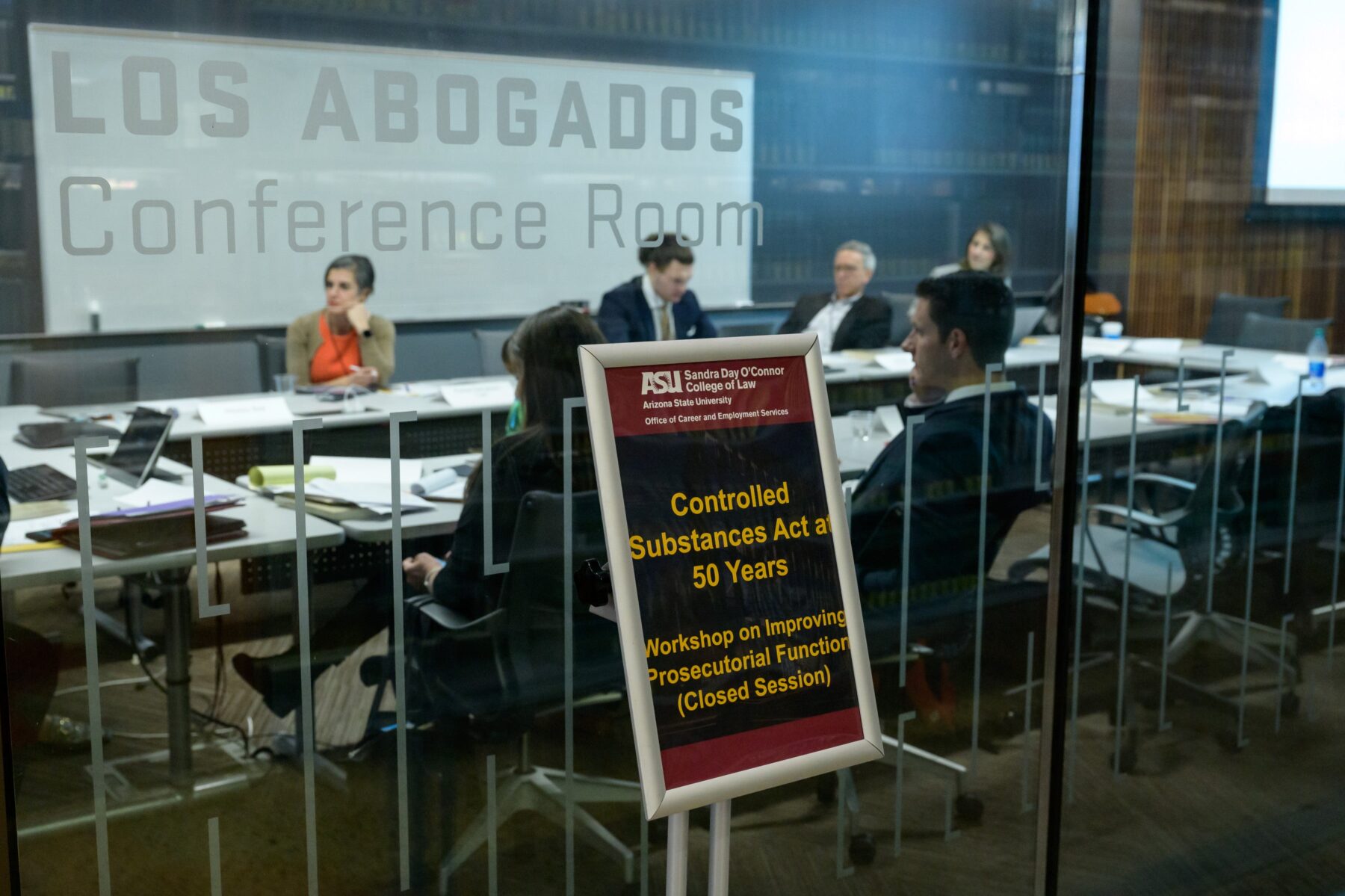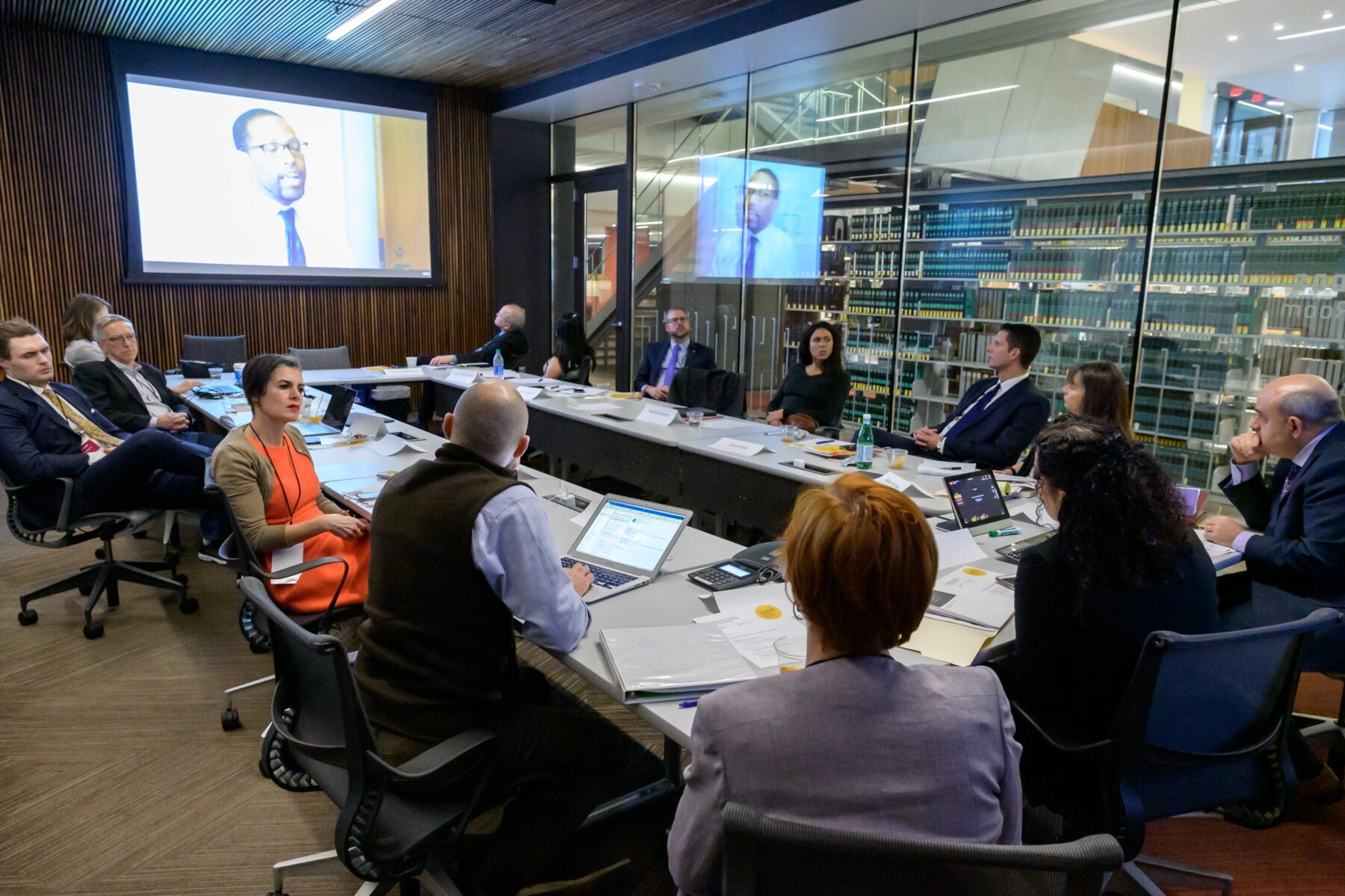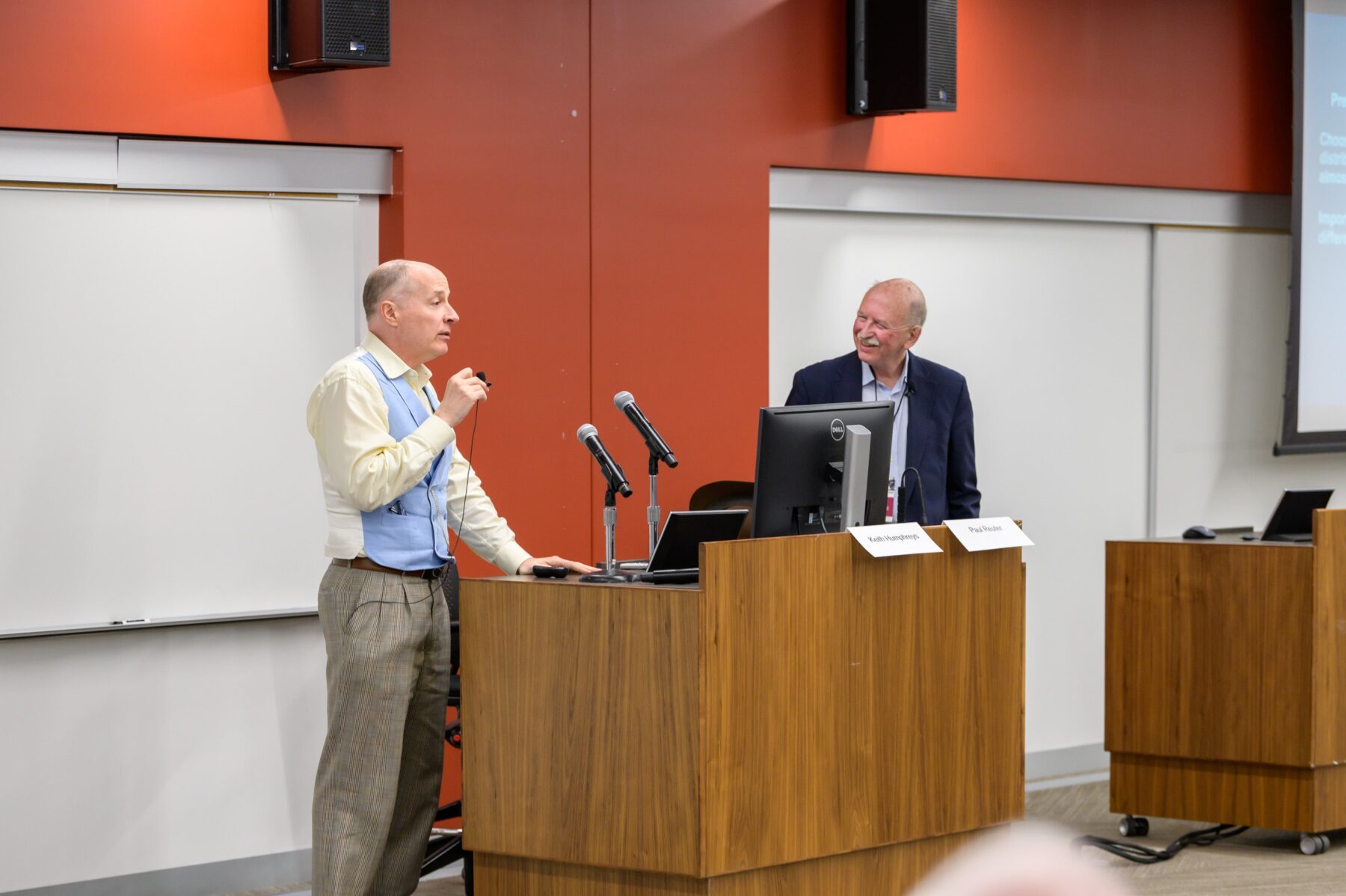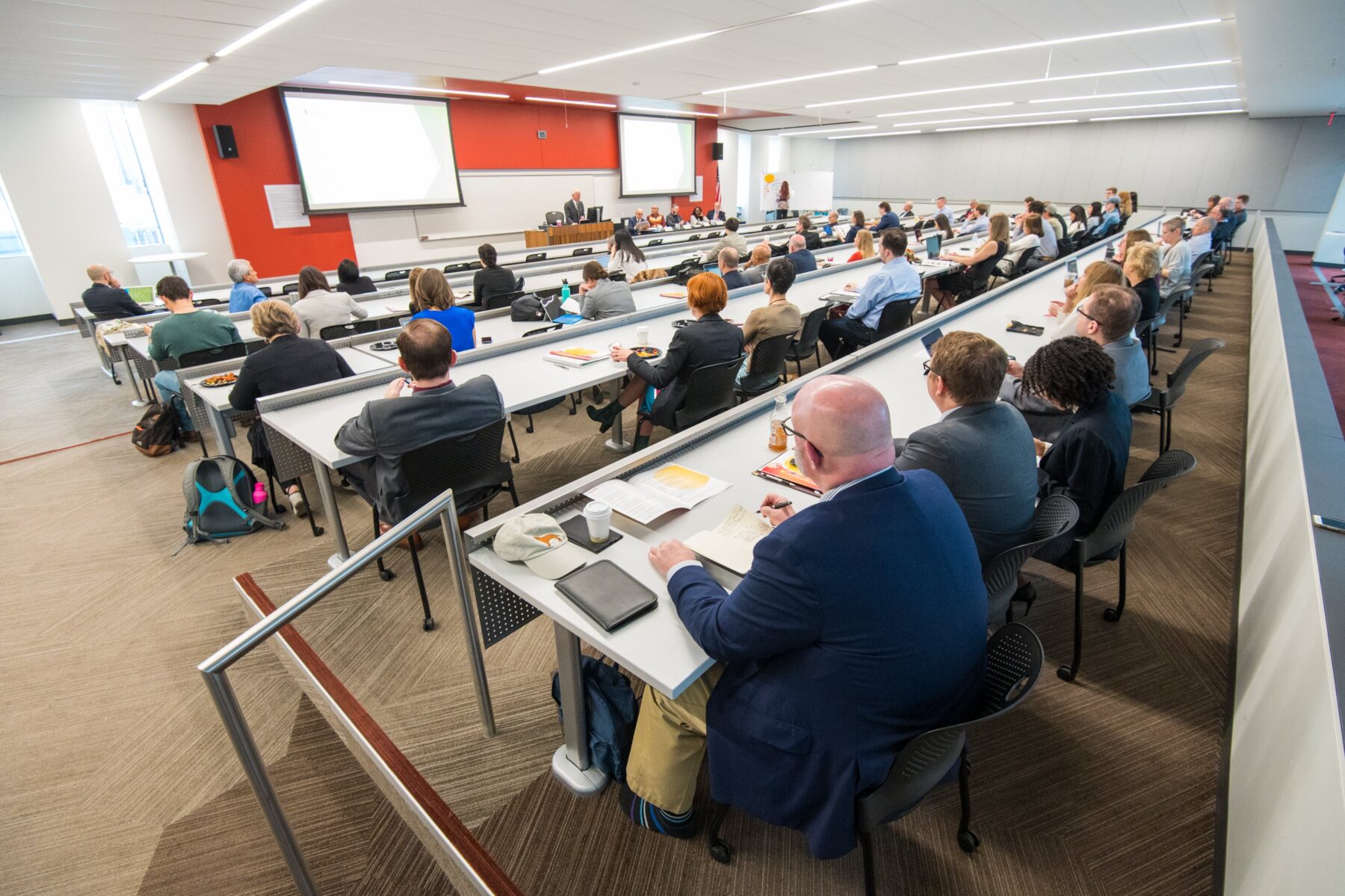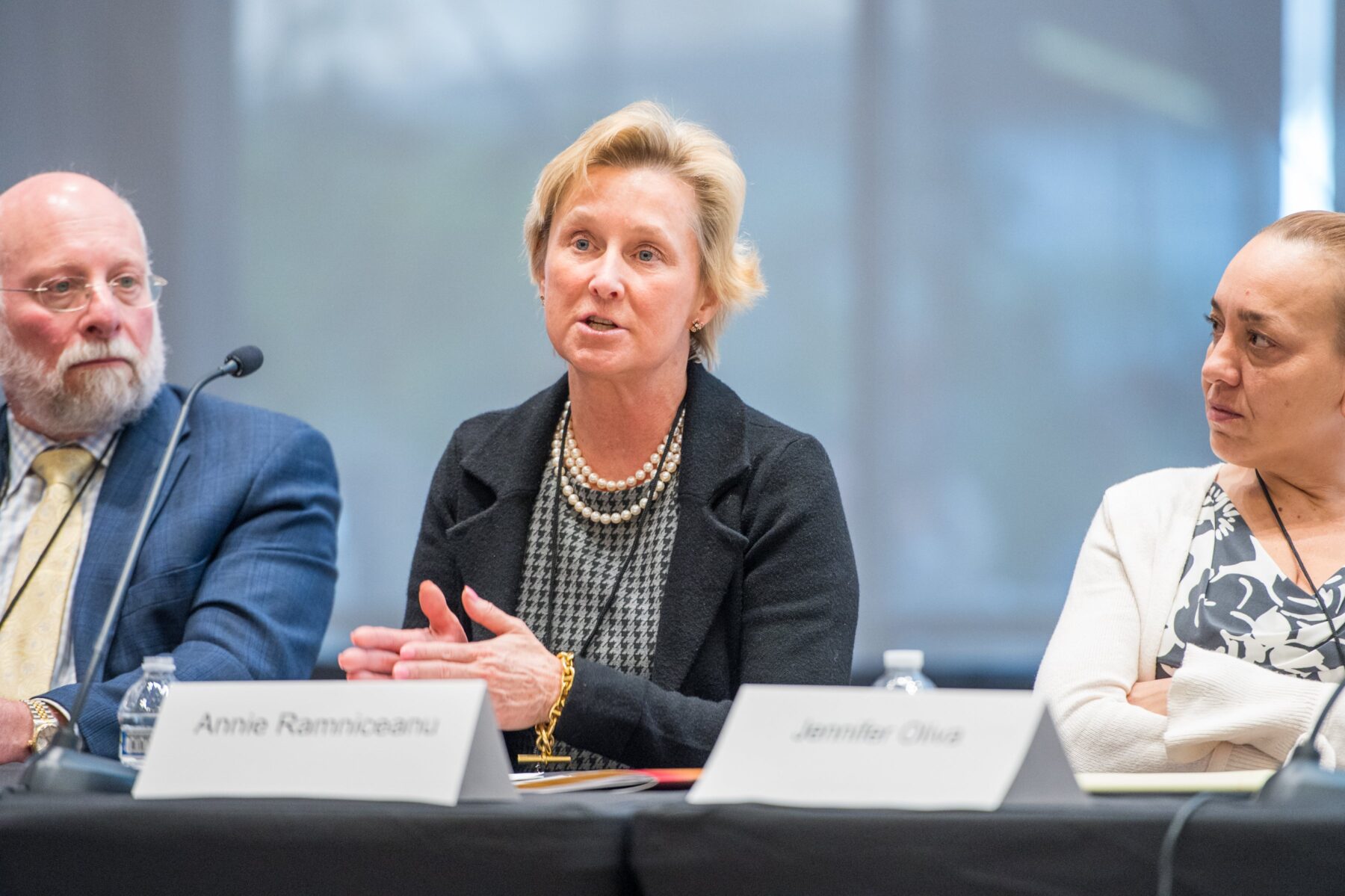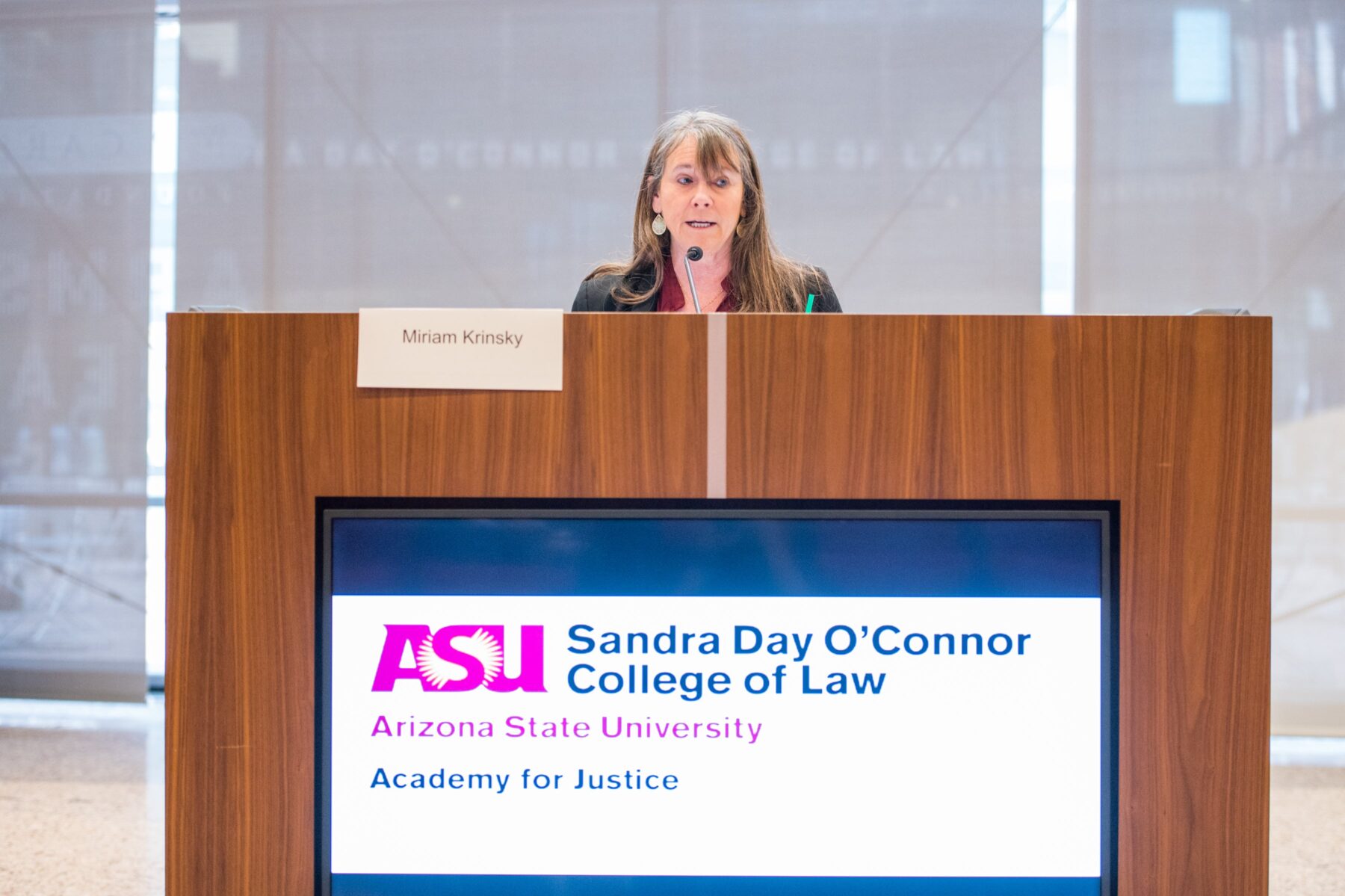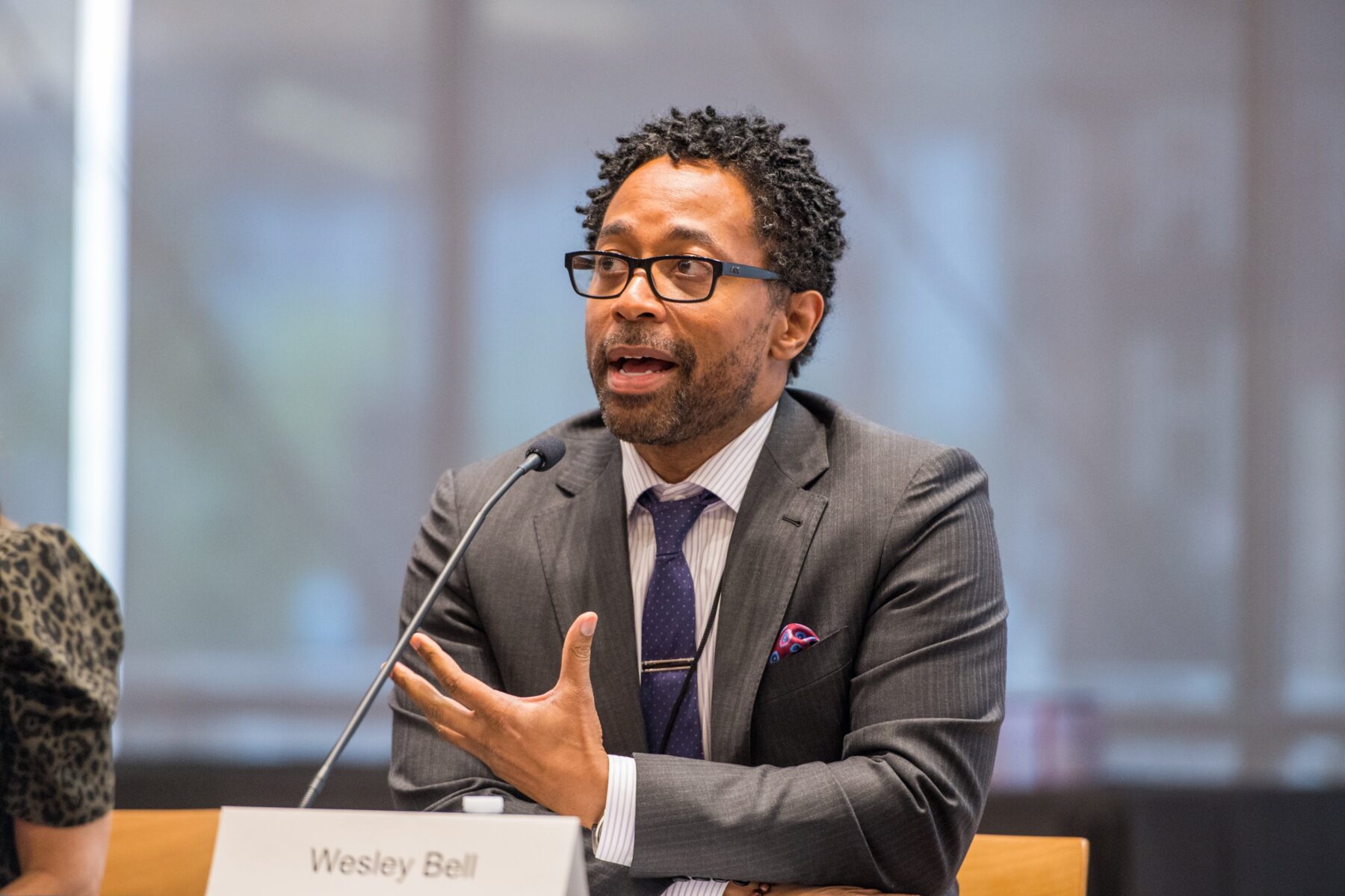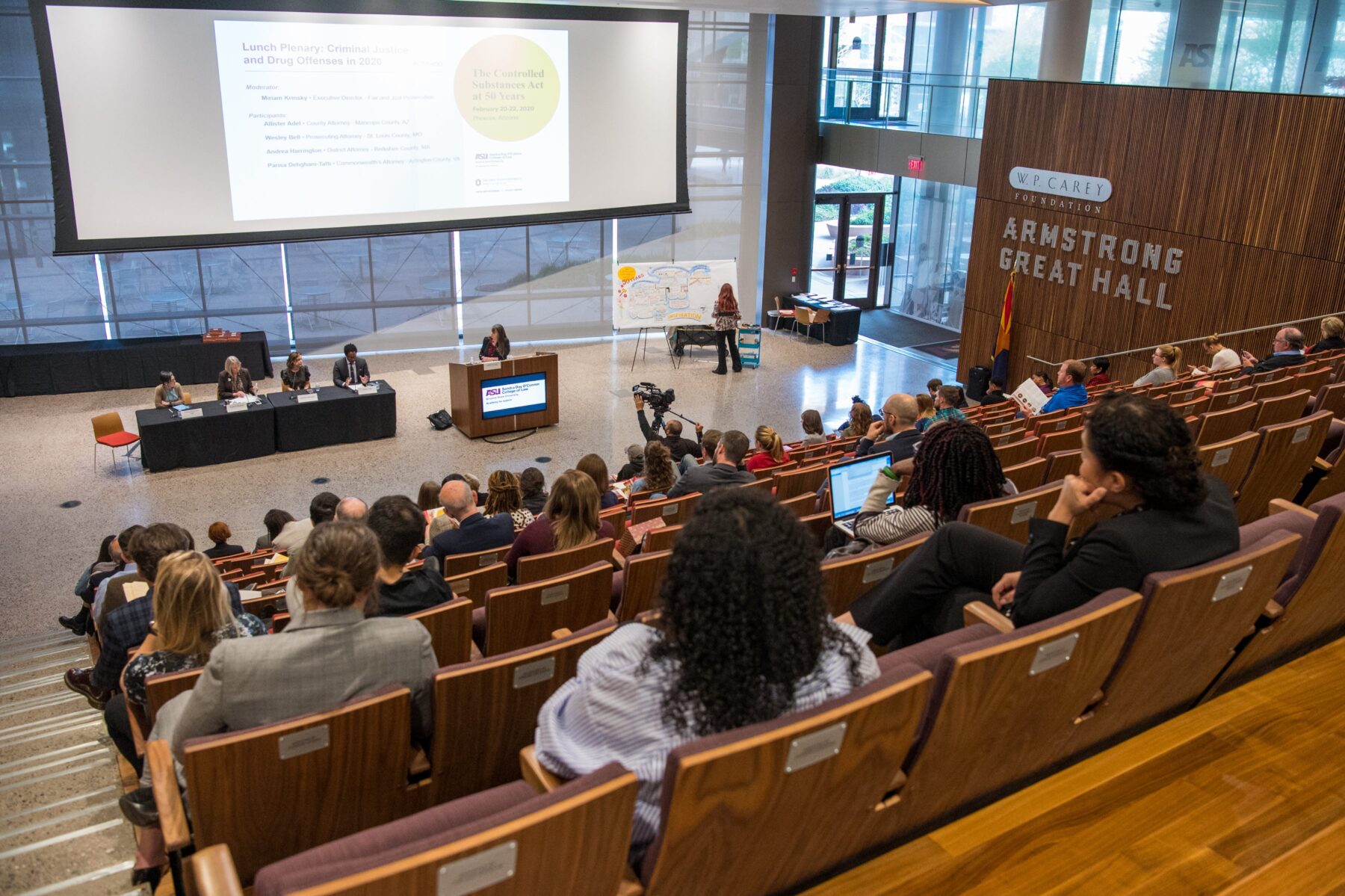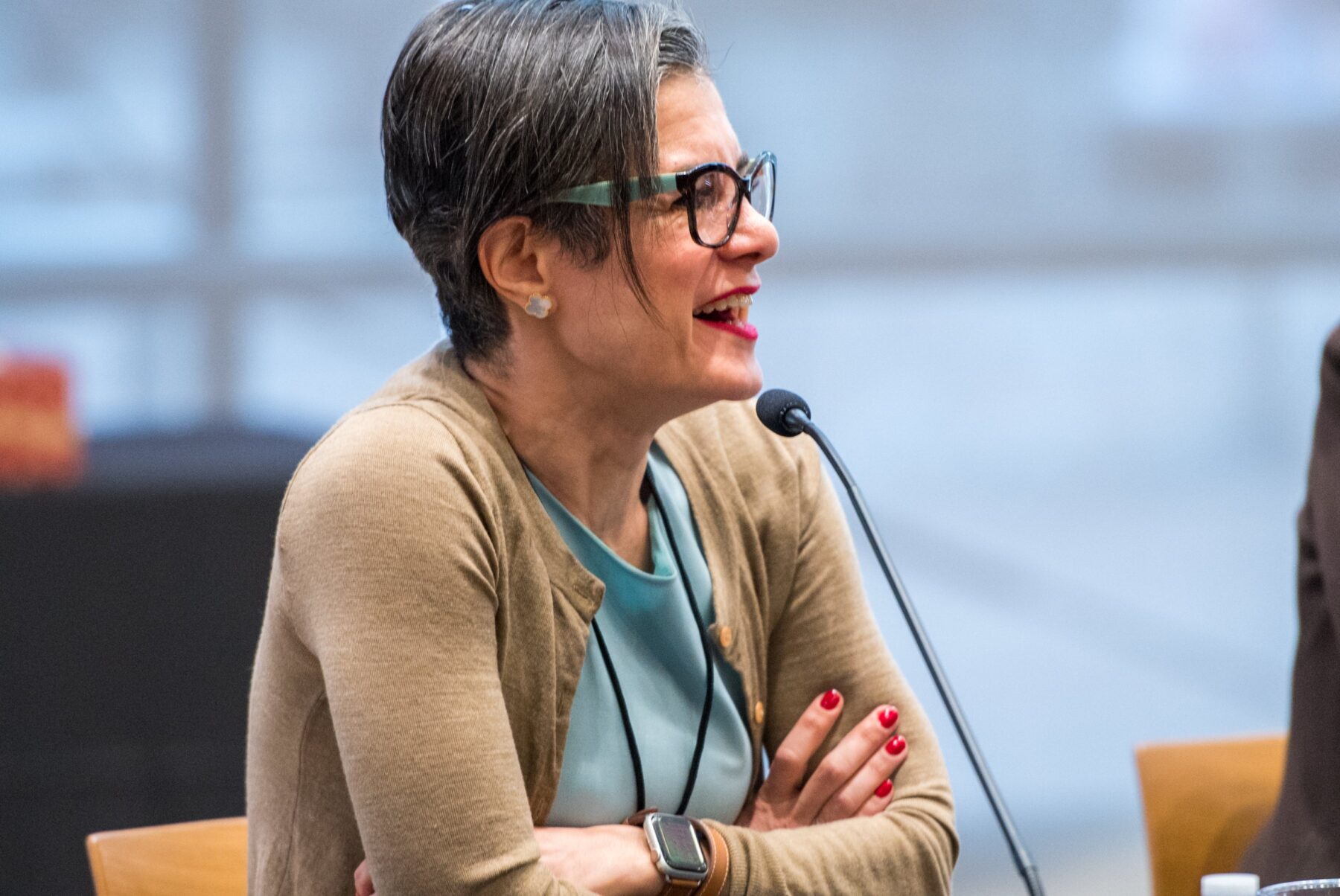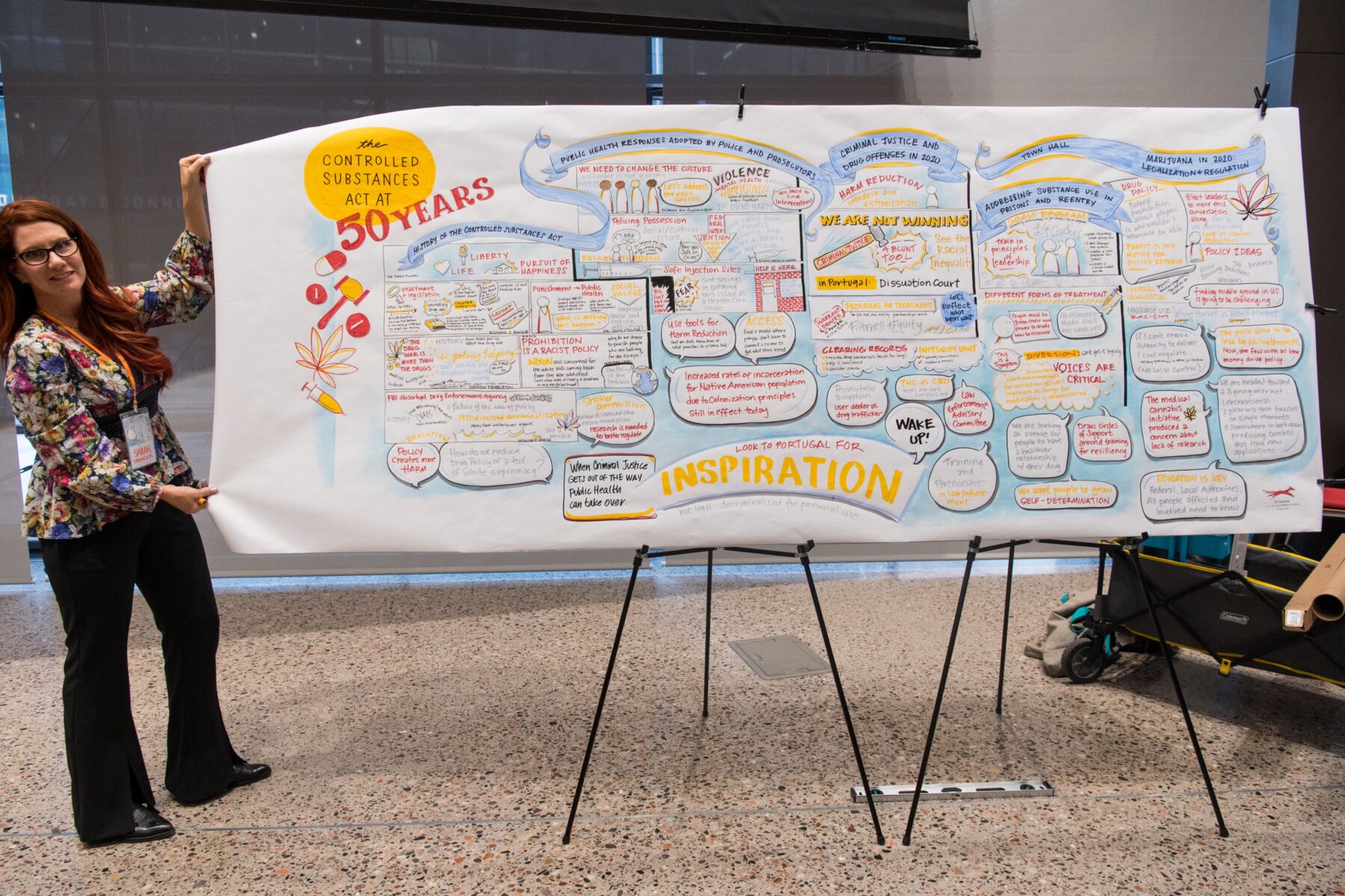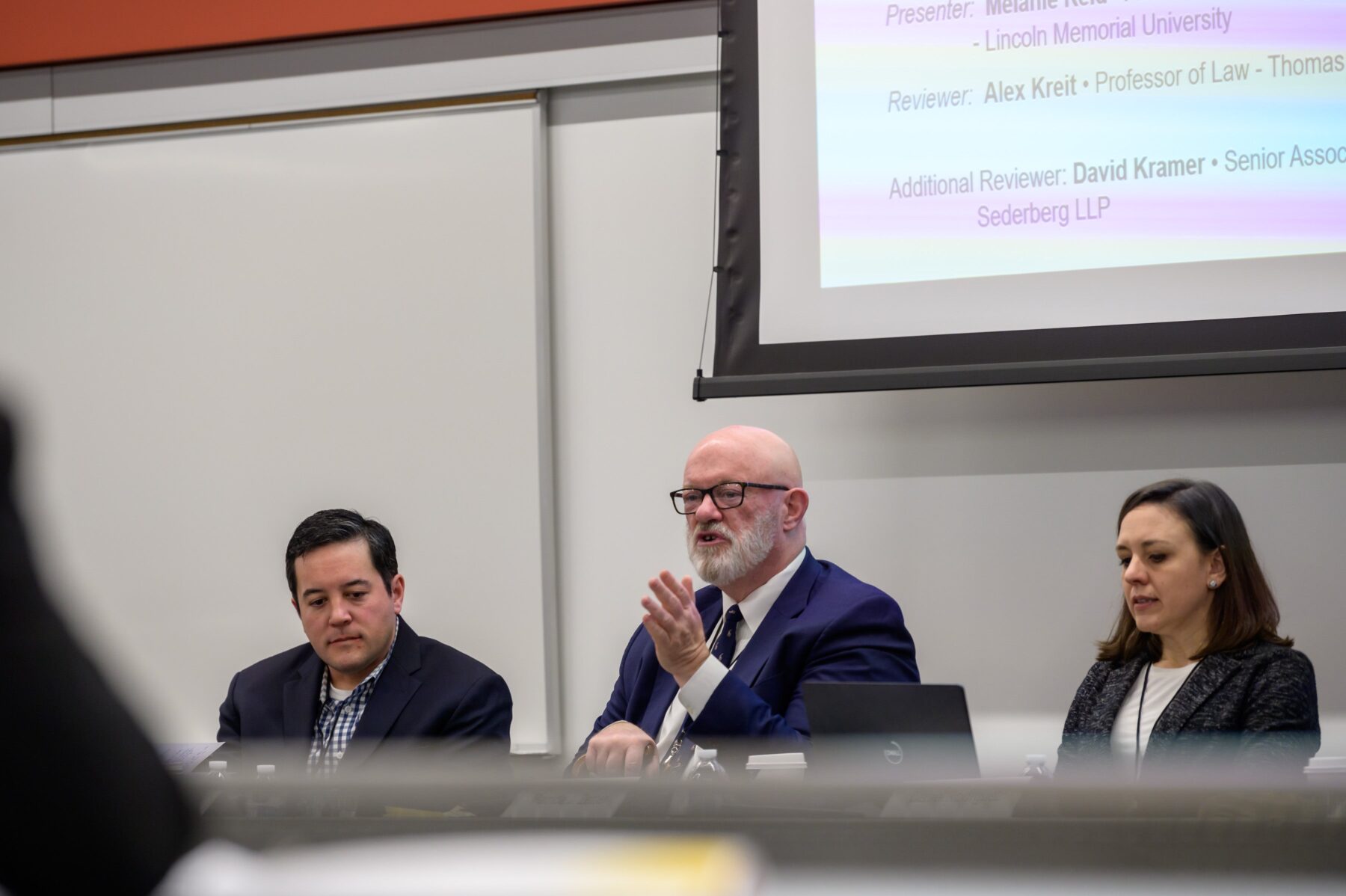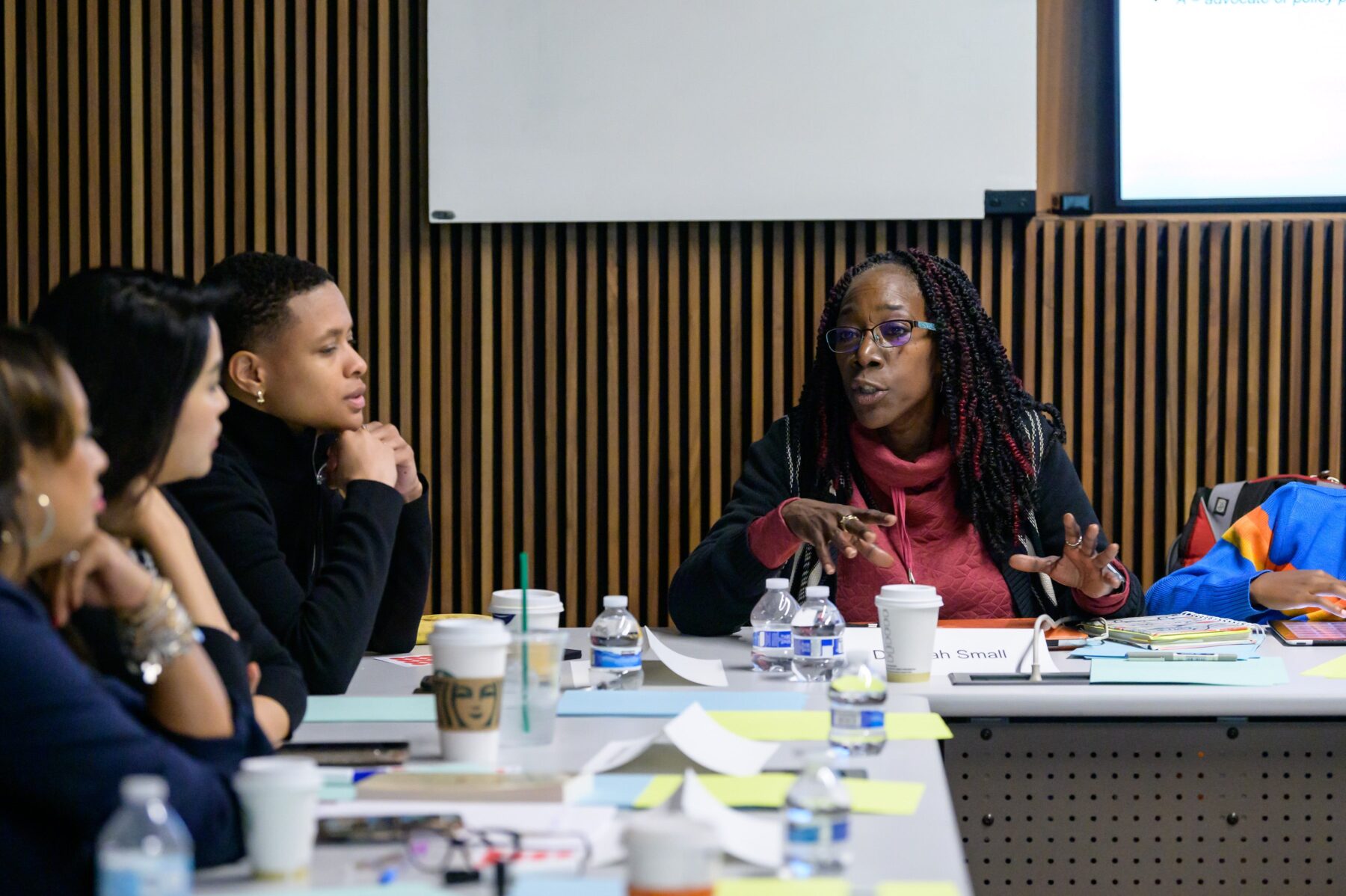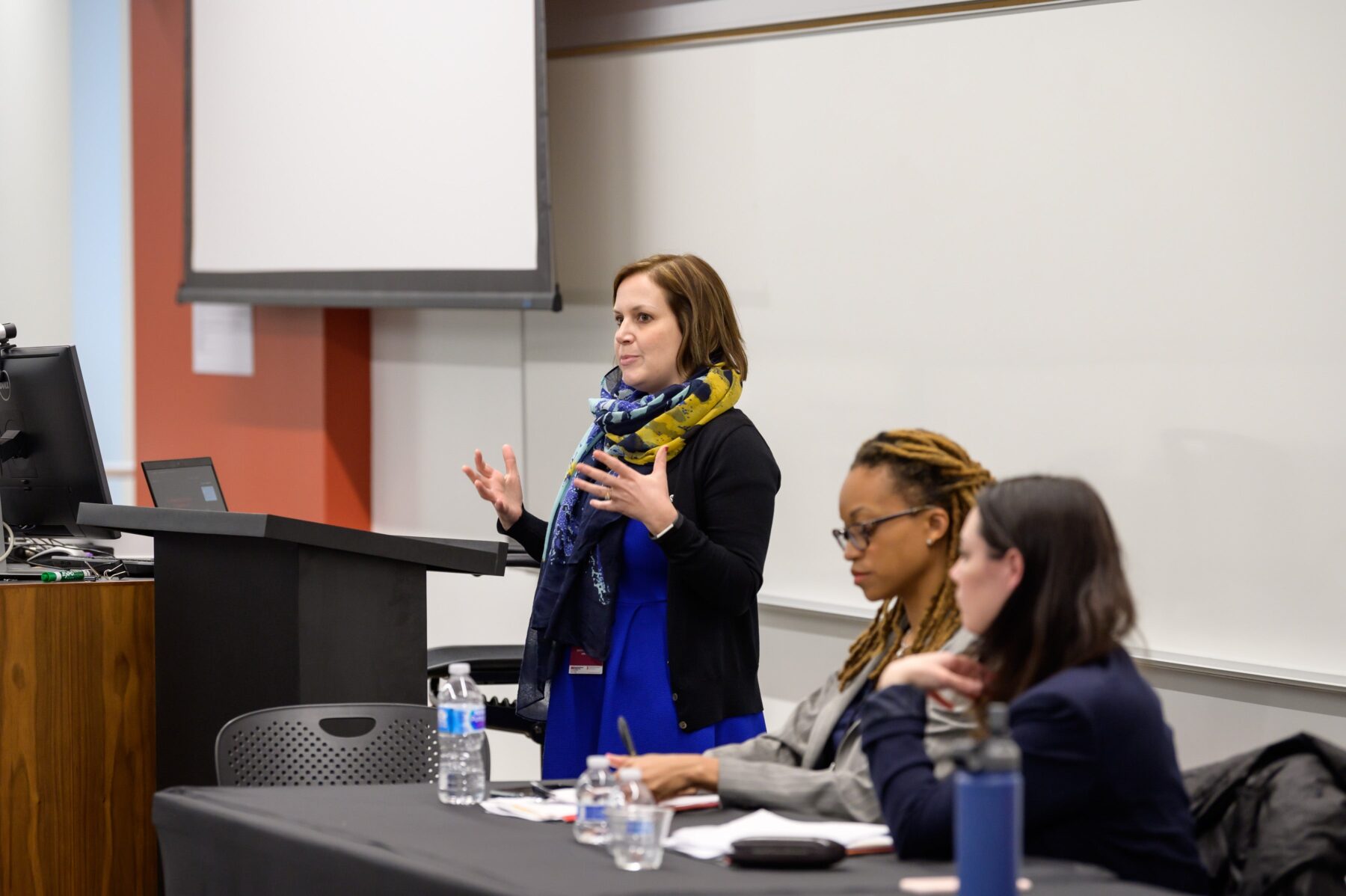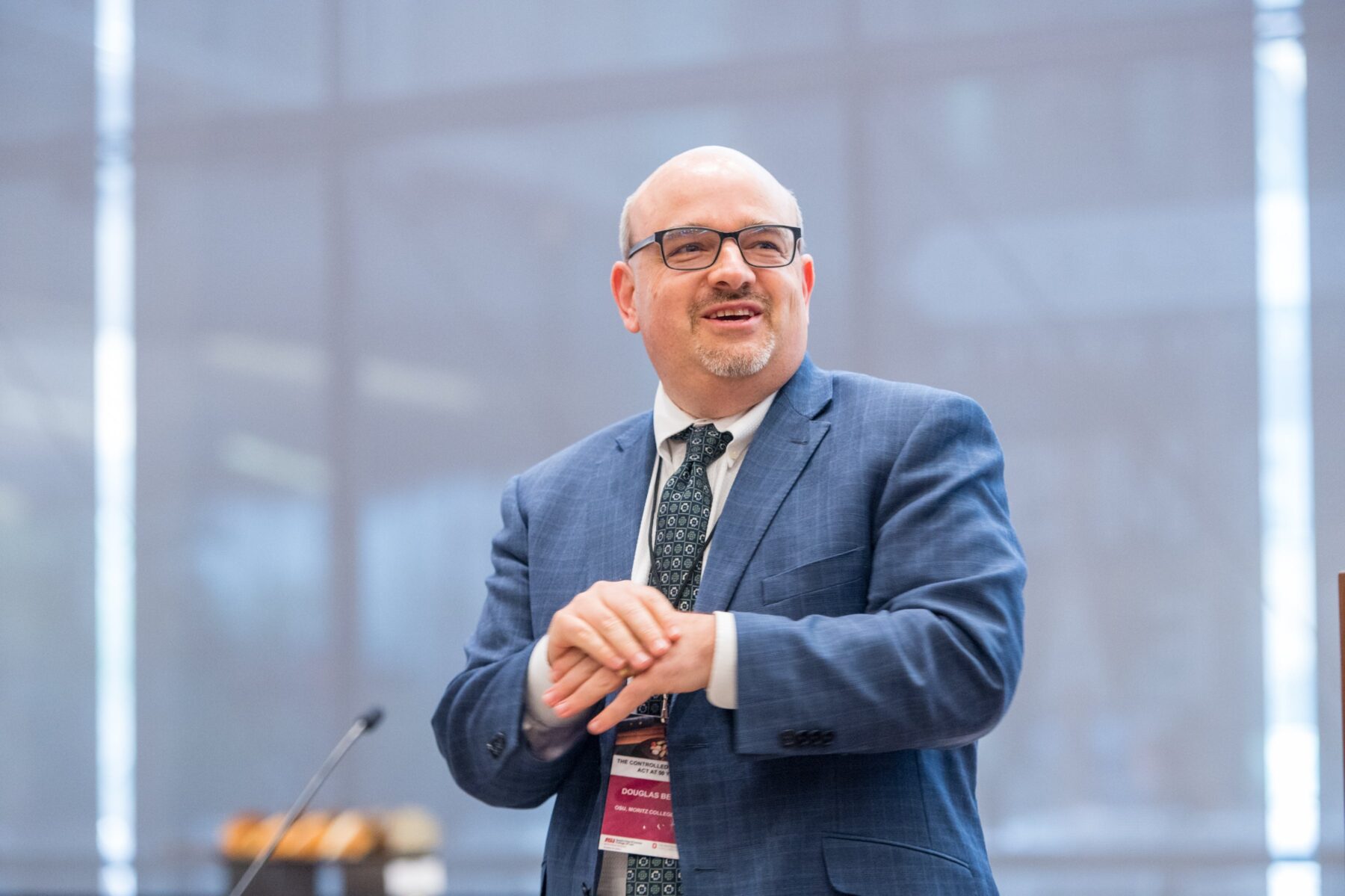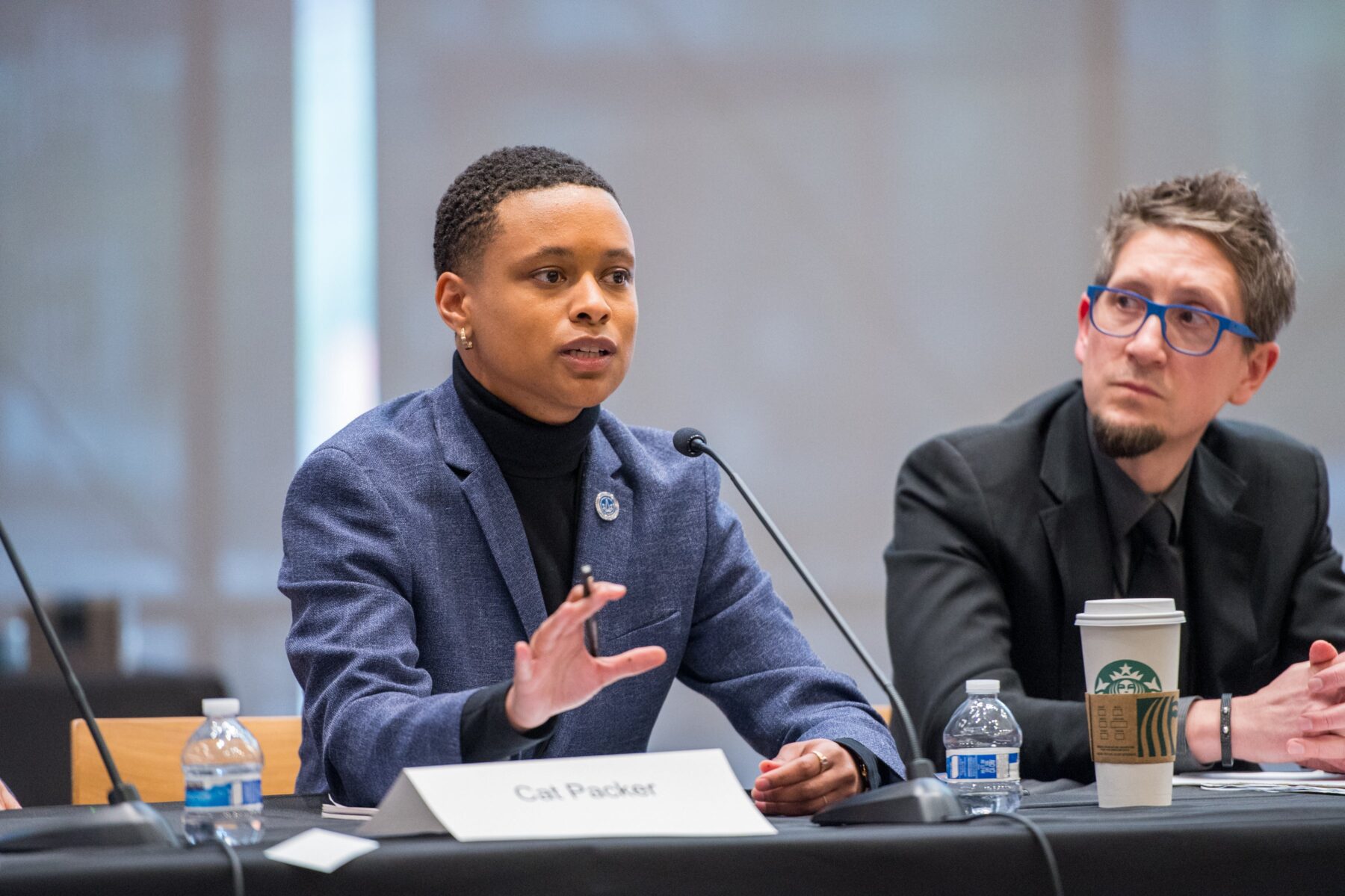Controlled Substances Act at 50
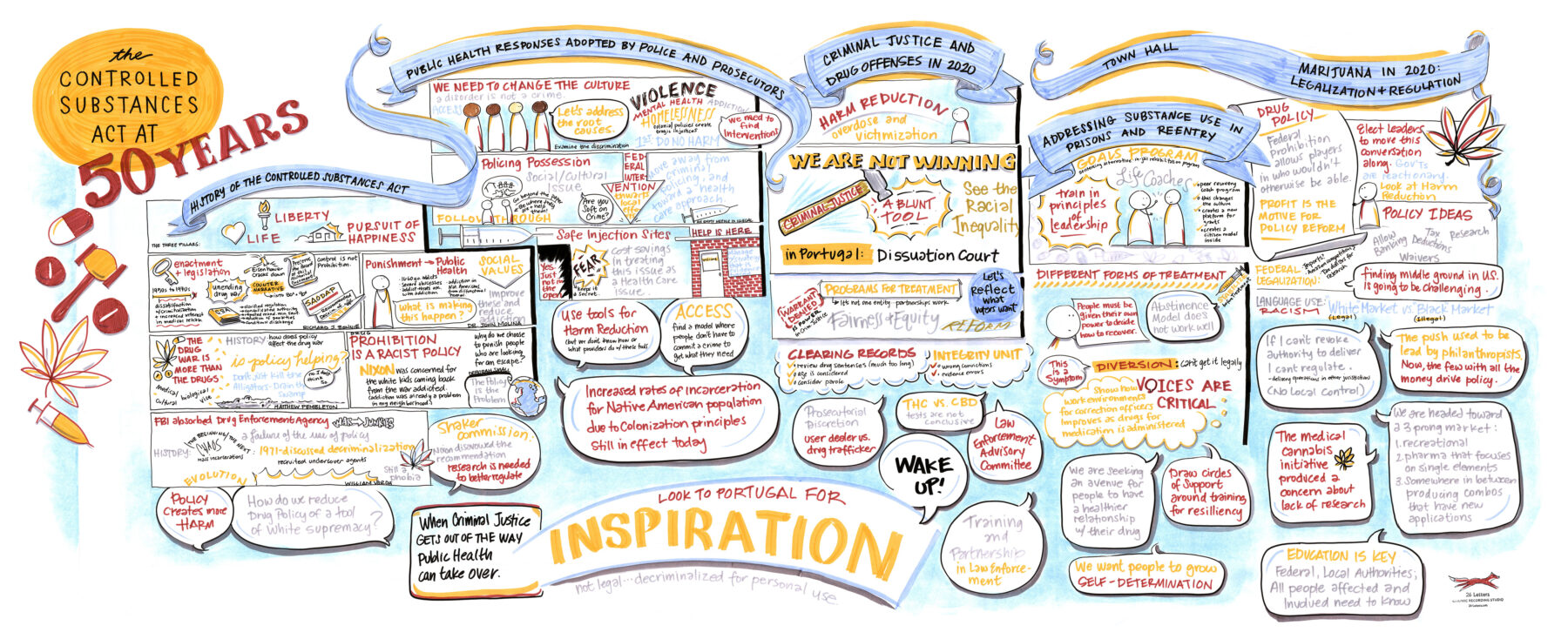
Controlled Substances Act at 50
In February 2020, the Academy for Justice at the Arizona State University Sandra Day O’Connor College of Law and the Drug Enforcement and Policy Center at The Ohio State University Moritz College of Law, together marked a half-century of drug policy under the Controlled Substances Act by co-sponsoring a conference that looked back at how the CSA has helped shape modern American drug laws and policies, and forward at the direction these laws could – and should – take in the next 50 years. The following ideas, documents and videos, are a result of that conference, looking at the CSA in light of our country’s founding commitment to the right to Life, Liberty, and the Pursuit of Happiness.
About the Controlled Substances Act 50 Years Later
Roughly a century ago, in response to growing concerns about drug use, the federal government enacted its first drug control law in the Harrison Narcotics Act of 1914. Subsequent decades saw Congress continue to pass drug control legislation and criminalize drug abuse, but by the 1960s there was growing interest in more medical approaches to preventing and responding to drug abuse. Upon his election, President Richard Nixon prioritized the reduction of drug use: in rhetoric, he spoke of a so-called “war on drugs”; in policy, he pushed for a new comprehensive federal drug law in the form of The Controlled Substances Act (CSA), enacted as Title II of the Comprehensive Drug Abuse Prevention and Control Act of 1970.
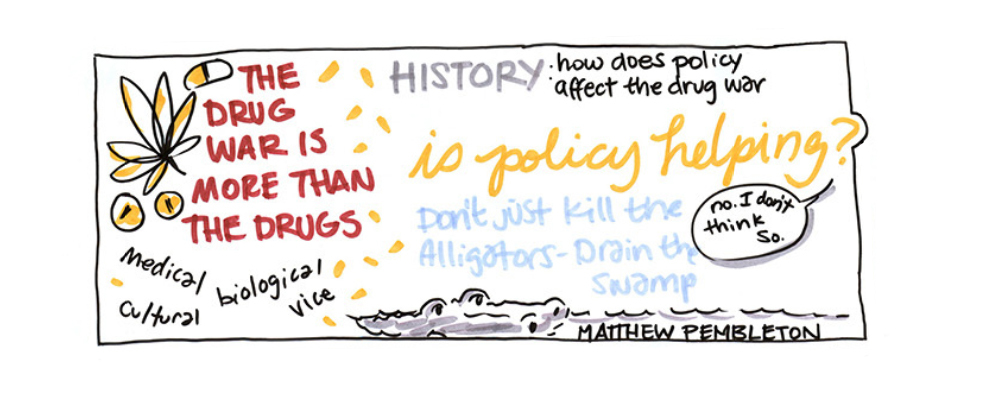
The CSA emerged from a widespread, bipartisan view that comprehensive legislation was needed to clarify federal drug laws, and its centerpiece was a comprehensive scheduling system for assessing and regulating drugs in five schedules defined in terms of substances’ potential for abuse and dependence, and possible medical use and safety. In design, the CSA was intended to prioritize a scientific approach to drug prohibition and regulation by embracing a mixed law-enforcement and public-health approach to drug policy. But in practice, the US Justice Department came to have an outsized role in drug control policy, especially as subsequent “tough-on-crime” sentencing laws made the CSA the backbone of a federal drug war in which punitive approaches to evolving drug problems consistently eclipsed public health responses.
Although the federal drug war has been controversial since its inception, the CSA’s statutory framework defining how the federal government regulates the production, possession, and distribution of controlled substances has endured. As we mark a half-century of drug policy under the CSA, the Academy for Justice at the Arizona State University Sandra Day O’Connor College of Law and the Drug Enforcement & Policy Center at The Ohio State University Moritz College of Law are together sponsoring a conference to look back on how the CSA has helped shape modern American drug laws and policies and to look forward toward the direction these laws could and should take in the next 50 years.
The conference, “The Controlled Substances Act at 50 Years,” will take place on February 20-22, 2020, at Arizona State University Sandra Day O’Connor College of Law in Phoenix, Arizona.
This activity may qualify for up to 8.45 hours toward your annual CLE requirement for the State Bar of Arizona, including 0 hour(s) of professional responsibility. The State Bar of Arizona does not approve or accredit CLE activities for the Mandatory Continuing Legal Education requirement.
Event Photos
Reflections on the Controlled Substances Act 50 Years Later
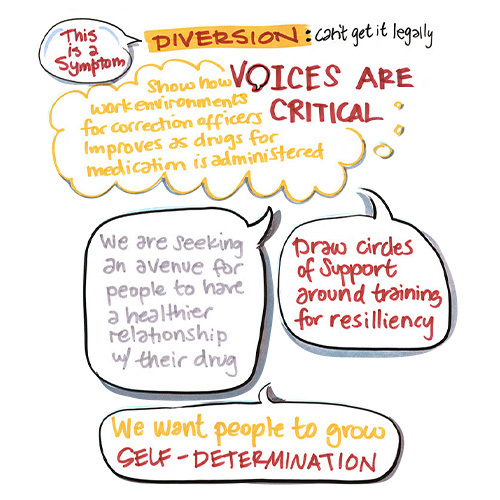
The Controlled Substances Act was passed by Congress 50 years ago. It provides a way to classify drugs based on their medical use, potential for abuse and safety concerns. Drugs are placed in schedules ranging from one to five, with schedule one drugs being the most dangerous and with no safe medical use. Arizona State University’s Sandra Day O’Connor College of Law recently held a conference titled “Controlled Substances Act at 50 Years,” which provided insight on how the act has helped shape modern American drug laws and policies and what the future might hold. We’ll hear more from ASU law professor Valena Beety, who spearheaded the event, Jeffrey Singer, a senior fellow at the Cato Institute, and associate ASU criminal justice professor Jesenia Pizarro-Terrill.
In this segment: ASU law professor Valena Beety; Jeffrey Singer, a senior fellow at the Cato Institute; associate ASU criminal justice professor Jesenia Pizarro-Terrill.
Agenda and Live Recordings
Thursday, February 20, 2022
- Keynote Speaker: Keith Humphreys, Stanford University, Esther Ting Memorial Professor – “Federal Policy and the Dual Nature of Drugs”
- Response to Keynote: Peter Reuter, University of Maryland, Professor of Public Policy and Criminology – “Do Drug Problems have more influence on Drug Policy than vice versa?”
Friday, February 21, 2022
Panel 1 History of the Controlled Substances Act
- Speakers: Doug Berman (Moderator), William Vodra, Richard Bonnie, Matthew Pembleton, Dr. John Molina, and Deborah Small
Panel 2 Public Health Responses Adopted by Police and Prosecutors
- Speakers: Alex Kreit (Moderator), Kelly Dineen, Aila Hoss, Daniel Satterberg, Neill Franklin, James Hodge, Carmen Best, and Jerry Clayton
Lunch plenary: Criminal Justice and Drug Offenses in 2020
- Speakers: Miriam Krinsky (Moderator), Allister Adel, Parisa Tafti, Andrea Harrington, and Wesley Bell
Panel 3 Strategies for Addressing Substance Use in Prisons and Reentry
- Speakers: Valena Beety (Moderator), Jennifer Oliva, Jeffrey Singer, Leo Beletsky, Betsy Jividen, Richard Van Wickler, and Annie Ramniceanu
Town Hall– Marijuana in 2020: Legalization and Regulation
- Speakers: Beau Kilmer, Ethan Nadelmann, and Cat Packer
Saturday, February 22, 2022
Panel 1A: Controlled Substances Surveillance and Agency Control
- Presenters: Anne Boustead and Lauren M. Ouziel
Reviewers: Zachary Bolitho and Shima Baughman
- Presenters: Oliver Kim, Melanie Reid, and Paul Larkin
Reviewers: Patricia Zettler, Daniel Rodriguez, and Alex Kreit
Additional Responder: David Kramer
Panel 1B: The CSA, Gun Control, and Immigration
- Presenters: Drury Stevenson and Michael Vastine
Reviewers: Jesenia Pizarro-Terrill and Valena Beety
Panel 2B: Drug Policy Empirical Research and Sentencing Reform
- Presenters: Stephanie Holmes Didwania and Erica Zunkel
Reviewers: Jelani Jefferson Exum and Jonathan Wroblewski
Woman of Color Leading Cannabis Reform (closed session)
- Toi Hutchinson, Director of Cannabis Programs, State of Illinois
Wanda James, CEO, Simple Pure Dispensary
Roz McCarthy, Founder, Minorities for Medical Marijuana
Shanita Penny, CEO, Budding Solutions (former President, Minority Cannabis Business Association)
Maritza Perez, National Affairs Director, Drug Policy Alliance
Marisa Rodriguez, Director, San Francisco Office of Cannabis
Cat Packer, Executive Director, Los Angeles Department of Cannabis Regulation
Resources
Controlled Substances Act of 50: A Blueprint for Reform
Recommendations for Reform
In an effort to give attendees a quick glimpse of the various policy priorities of each speaker, we provided an opportunity for each to share their top priorities for reform of the Controlled Substances Act.
Background Materials and Resources
To better understand controlled substances, I would amend the CSA to allow scientists to conduct research on the effects, harms, and possible medicinal uses of Schedule 1 substances. Also, marijuana should no longer be categorized as a Schedule 1 substance.
Harm Reduction Responses to Drug Use
Fair and Just Prosecution (FJP) brings together recently elected district attorneys as part of a network of like-minded leaders committed to change and innovation.
Reflections on the Controlled Substances Act 50 Years Later
CSA@50 Keynote Speaker Keith Humphreys and Response by Peter Reuter
In almost 50 years there has been little change to the Act, except for harsher penalties, while the proliferation of new substances and new epidemics has drastically changed the landscape facing so many aspects of society, including law enforcement. The original Act focused on treatment and research — we need to get back to that version of the Act.”
Criminal Justice and Drug Offenses in 2020
Embracing Harm Reduction to Save Lives
Mandatory Minimum Entrenchment and the Controlled Substances Act
“While states should be encouraged to experiment with decriminalization and legalization efforts, as they have been doing in recent years, long-term solutions require a coherent strategy at the federal level.”
